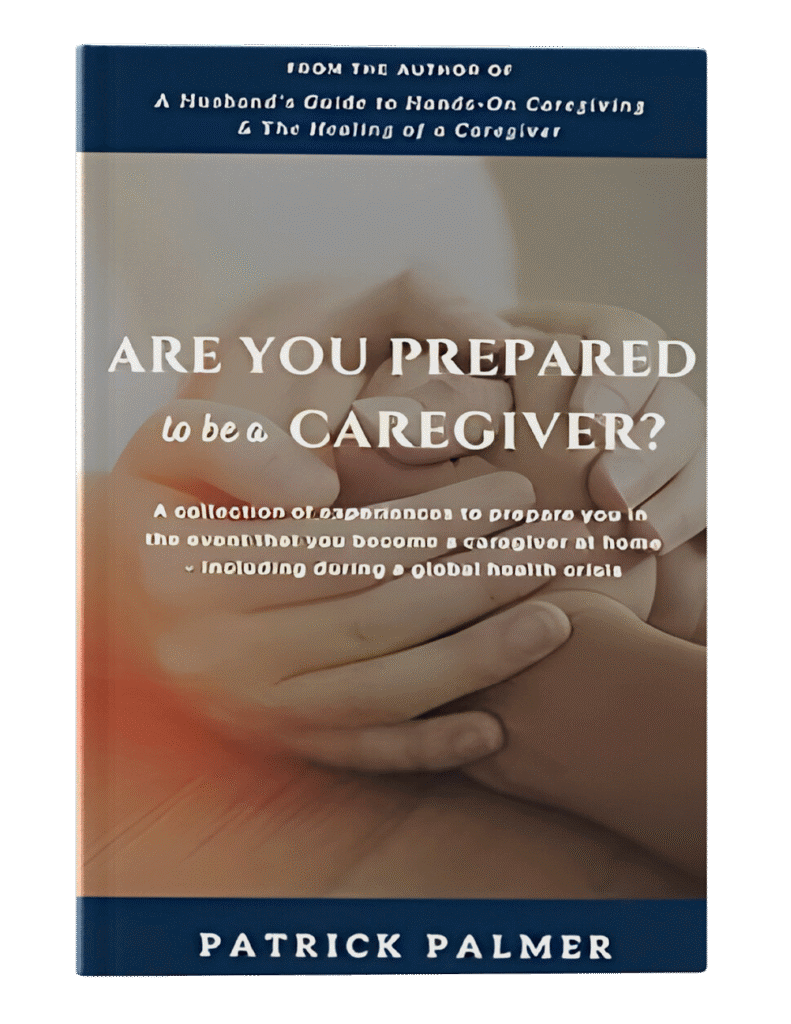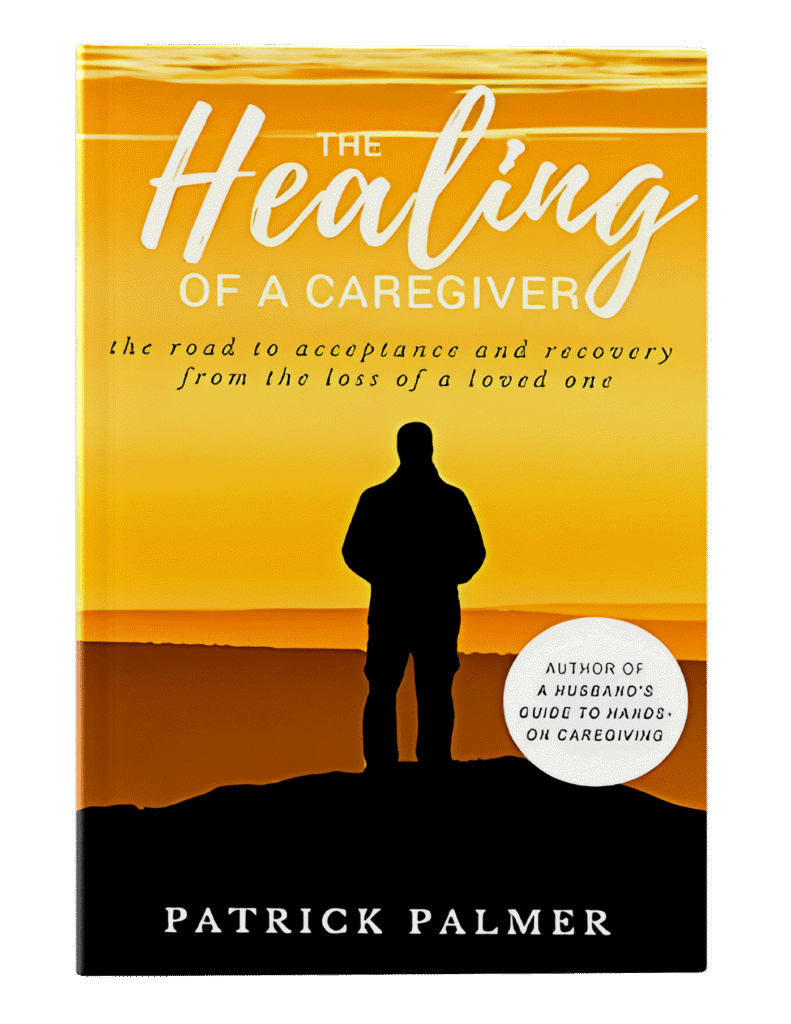Why is it so hard to be a caregiver?
Hello, I’m Patrick Palmer—author, cancer research advocate, and dedicated caregiver to my late wife. Being a caregiver is far more challenging than most people realize. On the surface, it might seem manageable, especially on good days. But caregiving often comes with unseen emotional, physical, and financial struggles. That’s why books for caregivers are so valuable—they provide guidance, validation, and tools to navigate this demanding role. In this blog, I’ll explore why caregiving is difficult and recommend six must-read books for caregivers that can provide essential support and strength.

Why Caregiving Is So Challenging
Social Isolation and the Power of Books for Caregivers
Caregiving often leads to social withdrawal. Many caregivers devote so much time to looking after someone else that they neglect their own needs. This imbalance can result in emotional burnout and disconnection. The right books for caregivers can help you recognize this and encourage reconnection with yourself and others.
Stress, Burnout & Practical Tools from Books for Caregivers
From managing medications to assisting with hygiene, caregiving is relentless. Prolonged stress can take a toll on both your mental and physical health. Several books for caregivers provide mindfulness practices, time-management tools, and stress-reduction tips.
Financial Burden
Caregivers often reduce work hours or leave jobs, all while medical costs rise. This financial strain can be overwhelming. Resources found in caregiver guides often include tips on budgeting and accessing support services.

Emotional Impact and Relationship Strains
Strained Relationships
Caregiving may impact your marriage, parenting, and friendships. As your focus shifts, others may feel neglected. Reading books for caregivers that discuss these dynamics can help rebuild connection and improve communication.
The Emotional Toll of Watching a Loved One Decline
Witnessing a loved one’s health deteriorate—especially with dementia or Alzheimer’s—is heartbreaking. Many books for caregivers speak honestly about this grief, helping you process your feelings.
How to Cope: Tips from Books for Caregivers
Prioritize Your Health – Set boundaries and rest.
Ask for Support – Even small help makes a difference.
Use Respite Care – Step away to recharge.
Find Joy – Read, walk, listen to music—anything that revives your spirit.
Monitor Mental Health – Watch for warning signs like fatigue, mood swings, or sadness. Seek help if needed.
6 Essential Books for Caregivers
Here are six powerful books for caregivers that offer hope, strength, and practical tools:
The 36-Hour Day by Nancy L. Mace and Peter V. Rabins
A go-to manual for dementia caregivers, packed with realistic advice and emotional support.Being Mortal by Atul Gawande
A compassionate take on aging and end-of-life care that helps caregivers shift expectations.Chicken Soup for the Soul: Family Caregivers by Joan Lunden
Real-life stories from caregivers that comfort, inspire, and remind you you’re not alone.Caregiver’s Survival Guide by Jeff Davidson
Time-saving strategies and stress-busting tips for overburdened caregivers.Loving Someone Who Has Dementia by Pauline Boss
A deep dive into grief and resilience for those navigating ambiguous loss.Creating Moments of Joy by Jolene Brackey
Encourages positivity and simple joys for caregivers of Alzheimer’s patients.
Final Thoughts
Being a caregiver is a deeply emotional and physically demanding role. The right books for caregivers can act like companions—validating your feelings and offering practical help. I hope this guide brought you insight and encouragement.
You’re not alone. We’re here to support you on this journey.




